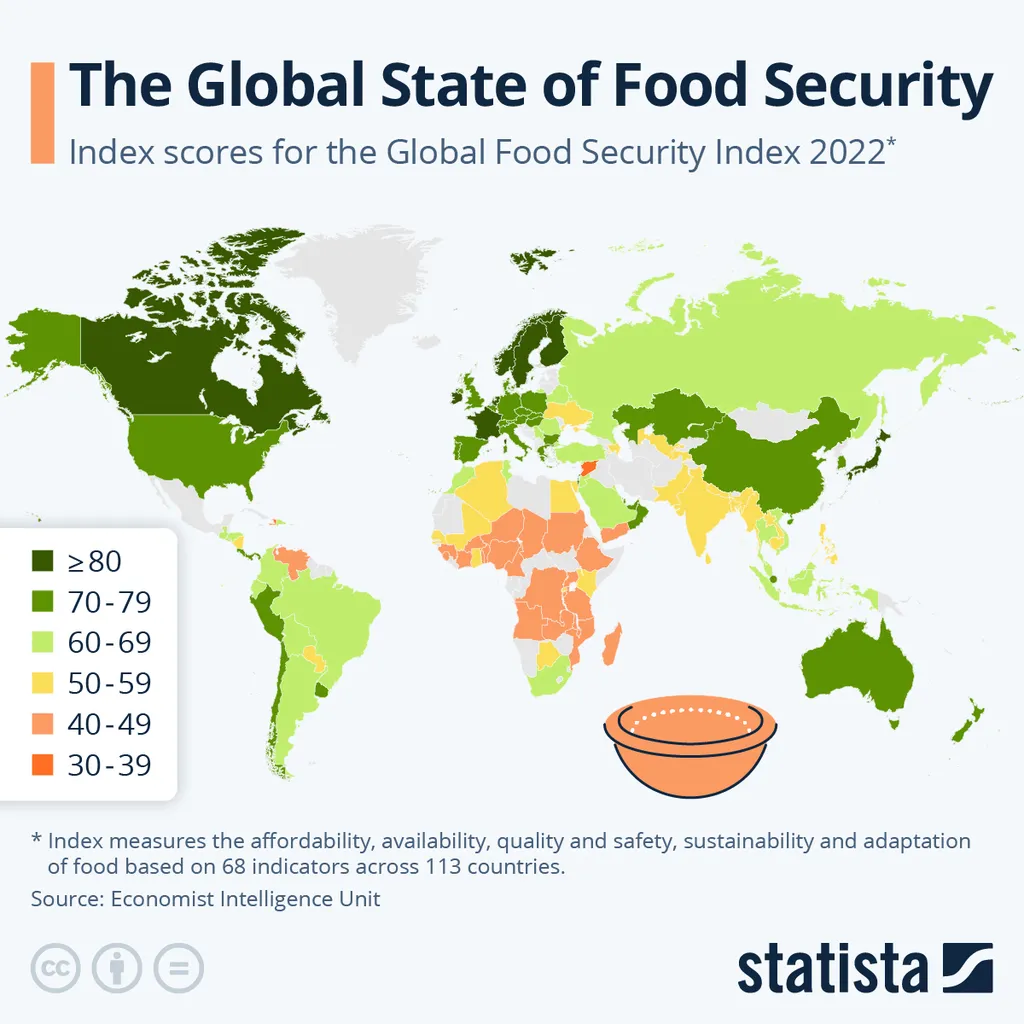At the Fortune Innovation Forum in Kuala Lumpur, Malaysia, Gerard Lim, CEO of vertical farming startup Agroz, issued a stark warning about the potential consequences of the global AI boom on another critical sector: agriculture. As nations rush to build data centers to support AI infrastructure, the energy and water demands of these facilities could strain resources needed for food production.
Lim highlighted the delicate balance between powering data centers and sustaining agricultural activities. “The electricity that we’re using for our data centers and AI chips? Don’t forget that it is also required for us to grow food,” he remarked. This concern is not merely theoretical. Singapore, for instance, temporarily halted data center investments in 2019 due to worries about electricity and water consumption. Similarly, in the U.S., states with significant data center construction, such as Virginia, are experiencing rising electricity prices.
The competition for resources is just one part of the challenge. The global population is growing, and rising wealth is driving increased demand for high-quality food, particularly protein. Richard Skinner, a partner in private capital from Olivia Wyman, noted, “What’s driving the rapid demand for food is our changing eating habits. As we become richer, we want more protein.” Lensey Chen, Asia-Pacific president at Novonesis, a biosolutions company, added that by 2050, the world will need to produce 50% more food to meet the demands of the growing population.
Innovation in agriculture is crucial to meeting these challenges. Lim claimed that Agroz has successfully increased yields by up to 500% while using 20 times less water compared to traditional open-field farming, thanks to technology and controlled environments. “Technology and innovation are very important for us to grow in less land and use less resources,” Lim said.
However, Skinner argued that cutting-edge innovation is not the only solution. He emphasized the importance of deploying existing technologies that are already proven effective. Greenhouses, irrigation techniques, fermentation, and better data monitoring for livestock are all well-understood technologies that have yet to be widely adopted in Asia. For example, rice farming, which contributes 8% of the world’s carbon emissions due to the methane produced in flooded fields, could benefit from drip irrigation. This method reduces water consumption and cuts greenhouse gas emissions by delivering water directly to the roots of plants.
Beyond increasing food production and sustainability, panelists also stressed the importance of making food healthier, more nutritious, and tastier. Chen noted, “We go food shopping not just because it’s sustainable. It’s because it’s tasty, it’s nutritious, it’s healthy, right?” Novonesis is collaborating with the food industry, including the renowned three-Michelin-star restaurant Noma, to develop new ways to enhance food quality. “They are masters of taste, and we are masters of fermentation,” Chen said.
The discussions at the Fortune Innovation Forum underscored the complex interplay between technological advancements, resource management, and agricultural productivity. As the world embraces the AI revolution, it must also ensure that the energy and water demands of data centers do not compromise the ability to feed a growing and increasingly affluent population. The solutions lie not only in cutting-edge innovations but also in the effective deployment of existing technologies and a holistic approach to food production that prioritizes sustainability, nutrition, and taste.

